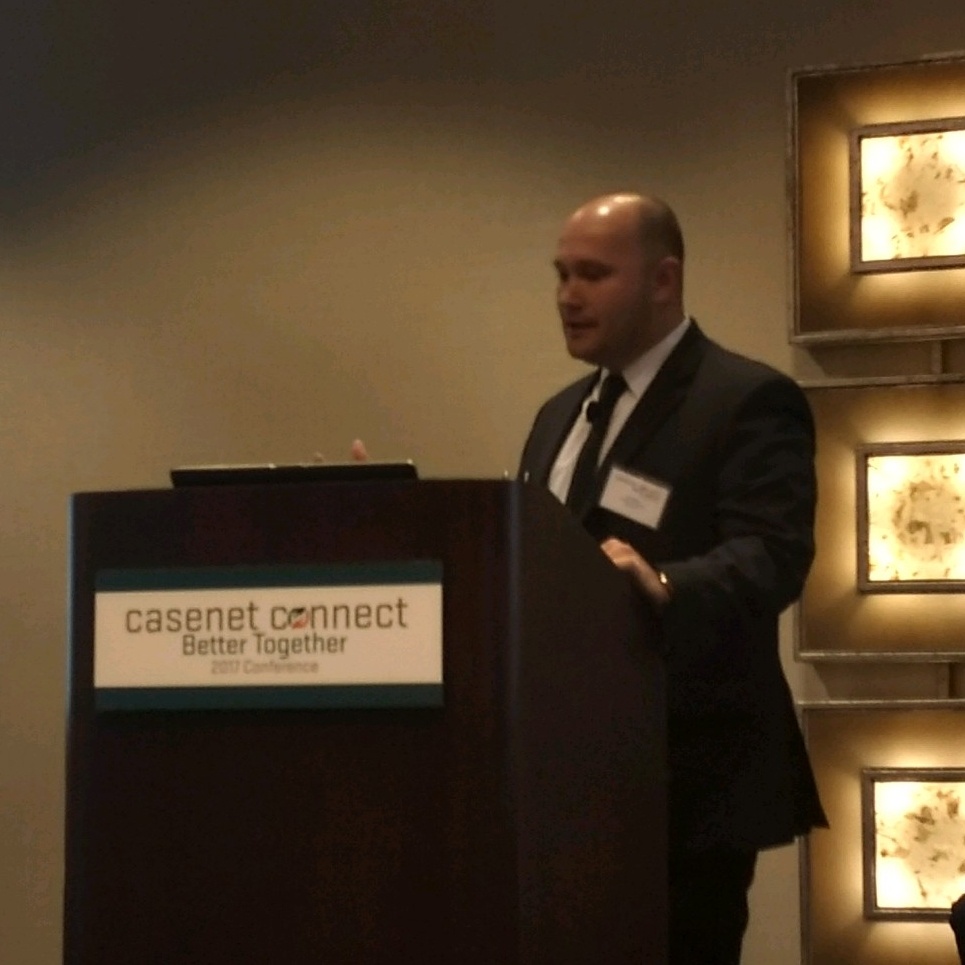The New York Times recently shined a spotlight on an out-of-control epidemic[1] costing the American health care system as much as $289 billion a year: medication nonadherence.
In the care management industry, we’re quite familiar with the widespread failure to take medications as prescribed.
The National Health Expenditure Accounts (NHEA) estimates we waste approximately $1 of every $9 spent because treatment regimens are not followed as directed. New data also suggests that our cost for unplanned inpatient admissions due to medication errors exceeds $10,000 per patient[2].
What would it take to change the trajectory? First, let’s consider where we are today.
What’s Working
CMS mandates for Medicare Part D members provided the impetus for the first medication management programs, which were designed to monitor medications and assist members in taking them properly. According to our own research, these programs are making some good progress. In particular, pharmacists are doing an admirable job of identifying medication issues and intervening to assist members in adhering to their regimens.
The data also suggests that medication management is worth the investment. A 10-year evaluation of medication therapy management in Minnesota demonstrated a 30 percent return on investment for money spent on administrative costs.[3] For every $1 spent on a pharmacist in a Vermont pilot program, the state avoided $2 in healthcare expenditures[4].
What’s Not Working
However, getting the pharmacists’ information out to the rest of the care team has proven to be more of a challenge. Physicians, pharmacists and care managers are all working in their own disparate computer systems, and without a method for real-time updates, they may all have different medication lists and understandings of a member’s problems and goals.
As a result, here’s where medication management currently loses ground:
• A prescribing physician may not have access to a patient’s most complete medication list. Duplicate or contraindicated therapy becomes a significant risk.
• When medication problems are detected, there’s no way to connect the care team to fully resolve the problem or determine causality. The pharmacists cannot leverage resources from the care management or provider sides of the team to help a member remove barriers to medication adherence.
• Patients may receive a call from a pharmacist on Monday and a care manager on Thursday, both addressing the same issues. Confusion and member fatigue interfere with important efforts to assist the member.
A Vision for the Future
But, what if the pharmacists and the care managers were on the same management platform? Imagine if they could both be assured they had access to the most complete medication lists and could work collaboratively to resolve member problems and achieve member goals.
Shared data would enable care managers to join the process in real time, rather than waiting for 30-day-old claims data to become involved in medication issues. Expanding the care team ensures more rapid identification of the members most likely to benefit from medication management.
Shared data would allow pharmacists and care managers to share tasks, as well. In addition to reducing phone calls to members, any action plan or member interaction executed by the pharmacist would be immediately available to the care manager, and vice versa. For example, if a pharmacist discovers that a member’s medication noncompliance is due to inability to pay for prescriptions, he can leverage the care team’s social workers to search for options.
And, the more streamlined medication management becomes, the easier it will be to expand on the value already realized in part D programs to broader, if not all, populations.
With the goal of reliable data exchange, our team is currently developing a medication management module that would integrate seamlessly with our TruCare care management platform. Our hope is that, someday soon, medication management will happen effortlessly for all members—and that complete medication lists and more efficient care coordination will never be more than couple of keystrokes away.
[1] New York Times, “The Cost of Not Taking Your Medicine”, 4/17/2017 https://www.nytimes.com/2017/04/17/well/the-cost-of-not-taking-your-medicine.html?WT.mc_id=SmartBriefs-Newsletter&WT.mc_ev=click&ad-keywords=smartbriefsnl
[2] ISPOR 20th Annual Meeting, Philadelphia, May 18-20, 2015, Abstract # PHP73
[3] 10-year evaluation of Comprehensive MTM in Minnesota (including Medicare, commercially insured and public health programs) estimated a return on investment (ROI) of $1.29 per $1.00 spent in administrative costs.
[4] Vermont Comprehensive Medication Management pilot program estimated that for every $1.00 spent on a pharmacist in the program, the state avoided $2.00 in healthcare expenditures

